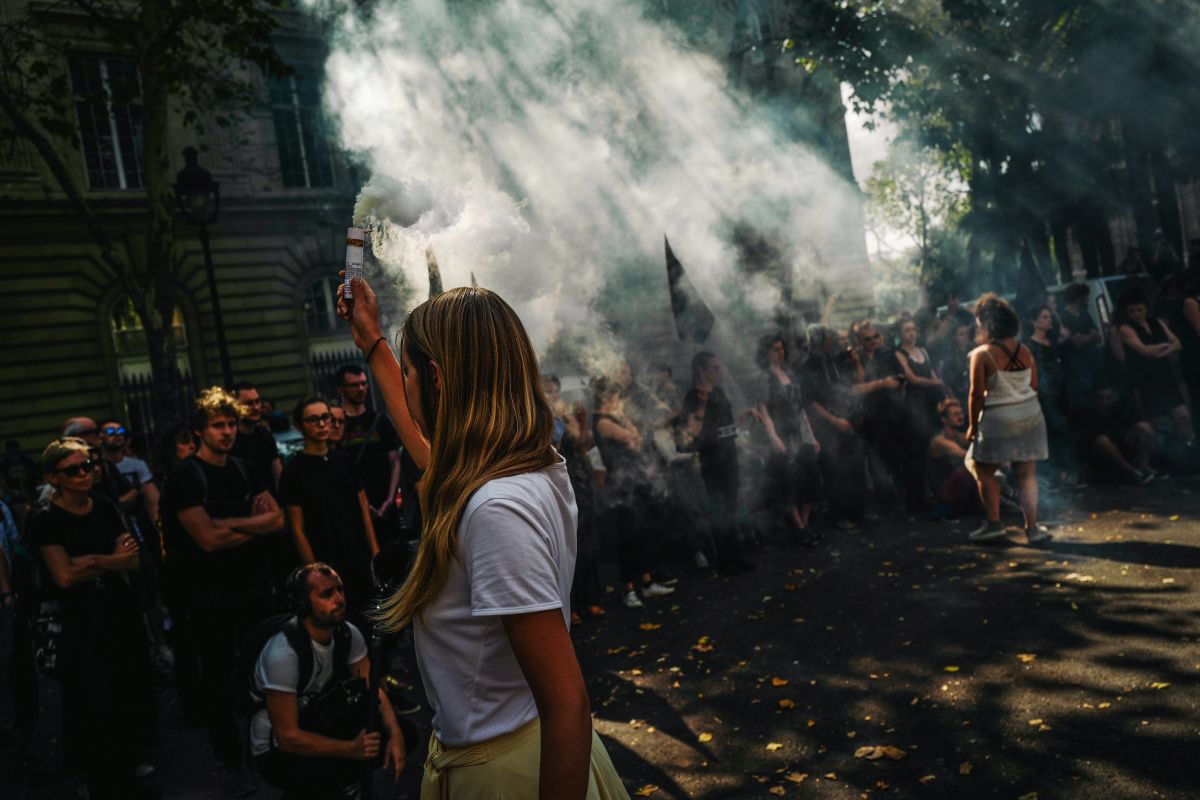It is an ecological carnage that will reverberate far beyond the borders of Brazil. An international effort to douse the wildfires raging in the Amazon has thus far been restricted to the G7’s pledge of assistance. Regretfully, however, there is no definite indication that President Bolsonaro will readily accept the same. A calamity knows no irritants between nations and whereas a concerted effort was by now direly imperative, punctured egos have dominated the discourse, with Brazil’s President, Jair Bolsonaro, opposed to external intervention.
Regretfully once more, the scientific implications are yet to be suitably grasped by the comity of nations. Home to 3 million species ~ indeed one in 10 of all known plants and animals on Earth ~ the Amazonian rainforest is the most biodiverse place on the planet. Three-quarters of plant species there are unique to the rainforest. The Amazon is home too to a million indigenous people, thousands of whom have lost their lives in recent decades defending the forest against commercial interests. Dire is the connection between wildfires and climate change.
The rainforest plays a critical role in regulating the Earth’s climate, absorbing millions of tonnes of carbon dioxide every year. Halting deforestation is no less important than eliminating the use of fossil fuel to avoid catastrophic global overheating; scientists have estimated that protecting and restoring rainforests could reduce carbon emissions by 18 per cent by 2030. As important as the pow-wow in Biarritz and the infructuous climate change conferences is the need to convene a conference on the Amazonian disaster per se, and it is here that the occasionally prevaricating United Nations has a crucial responsibility.
Palpably, much is at stake. For decades, the Amazon has been the site of a struggle over land rights. The conservationists and “indigenous people” are desperate to protect the forest. At another remove is Brazil’s business lobby, which is driven by a sense of quirky anxiety to effect the destruction and make way for farming, mining and logging. For a decade, it looked as though the conservationists were winning as the rate of deforestation declined.
But in the past five years, that trend has reversed with the growing influence of the Brazilian agribusiness segment. Indeed, there has been a sharp increase in deforestation ever since the election of Jair Bolsonaro, who has been dubbed as “Captain Chainsaw” for his support of Amazonian deforestation. In a sense, the fire has been ignited by the perennial conflict between the holders of land and the proponents of industrialisation.
The compulsions of a market economy cannot be accorded precedence over the fire. There has been an overdose of environmental rhetoric. The Earth and the world are involved.










